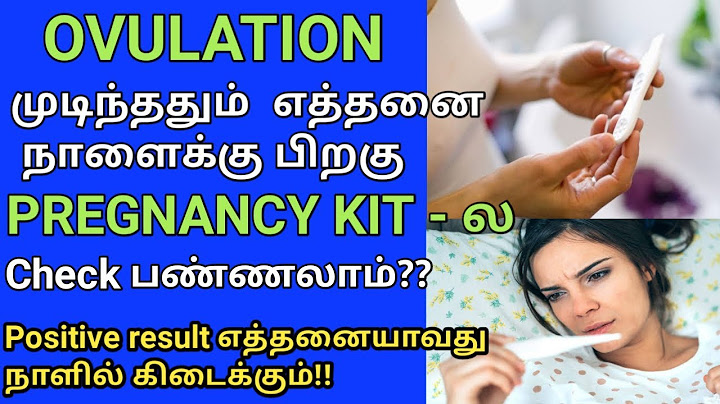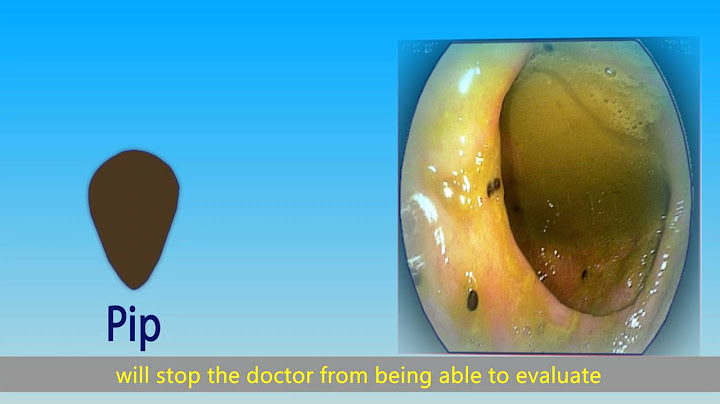For people trying to get pregnant, six to 12 days past ovulation can mark the end of a two-week wait. At implantation, the body starts producing a hormone
called human chorionic gonadotropin (hCG). This pregnancy hormone, along with progesterone and estrogen, causes early pregnancy signs and is the hormone that pregnancy tests detect. HCG can be detectable around 10 days after fertilization, but in some cases, it can appear at eight days past ovulation. This is why 8 DPO is an important milestone for people who are trying to get pregnant: to confirm a pregnancy, pregnancy tests work best at least 8 DPO. Implantation bleedingImplantation bleeding or spotting can signal an early indication of pregnancy. First, implantation occurs six to 10 days after ovulation and lasts for four to five days. Then, implantation bleeding typically happens about 10 to 14 days after conception. This light bleeding or spotting is completely normal and does not require any treatment. Because implantation bleeding can occur around the same time as periods, many people mistake it for their period or aren’t sure what it means. Implantation bleeding is usually lighter and doesn’t last as long as a period. It stops on its own and generally requires no treatment. Key differences between implantation bleeding and a regular period include:
ConstipationIncreased hormone levels can impact the digestive tract as well. Digestion slows down, causing fewer bowel movements and/or constipation. One of the reasons for constipation during pregnancy is the hormone progesterone, which can relax the smooth muscles throughout the body. This includes the bowel and digestive tract, slowing the movement of food through the intestines. Constipation elevates the risk of abdominal bloating and cramping. Taking iron tablets during pregnancy can make constipation even worse. Breast changesDuring pregnancy, your breasts will likely grow larger and become more tender and sensitive, particularly the nipples. Increased hormone levels during pregnancy alter breast size and prompt many changes to the breast tissue. Breasts may become sore, swollen, sensitive, and tingly. Some pregnant people describe the sensation as painful or similar to the same feeling right before their period. Breast changes can start as early as one to two weeks after conception. Your breasts may become so tender and sensitive that wearing a bra causes discomfort and pain. These symptoms usually ease up within a few weeks as the body starts adjusting to hormonal changes.
 Feeling tiredHormonal changes during pregnancy can increase fatigue and make you feel more tired. Extreme tiredness and exhaustion can happen only during early pregnancy or last throughout the entire pregnancy. Can you take a pregnancy test 8 days past ovulation?Results from a pregnancy test taken before eight days past ovulation are not the most reliable. Even if conception has taken place, there probably won’t be enough hCG to be detected by a pregnancy test until implantation is complete. Once implantation takes place (six to 10 days after ovulation), the formation of the placenta begins, and hCG is released to the bloodstream. Home pregnancy tests work by detecting hCG in urine. Specialists recommend waiting until the first day of your missed period before taking an at-home pregnancy test. This is usually about two weeks after conception. Some tests are more sensitive than others and can indicate a pregnancy earlier.  |

Related Posts
Advertising
LATEST NEWS
Advertising
Populer
Advertising
About

Copyright © 2024 kemunculan Inc.


















